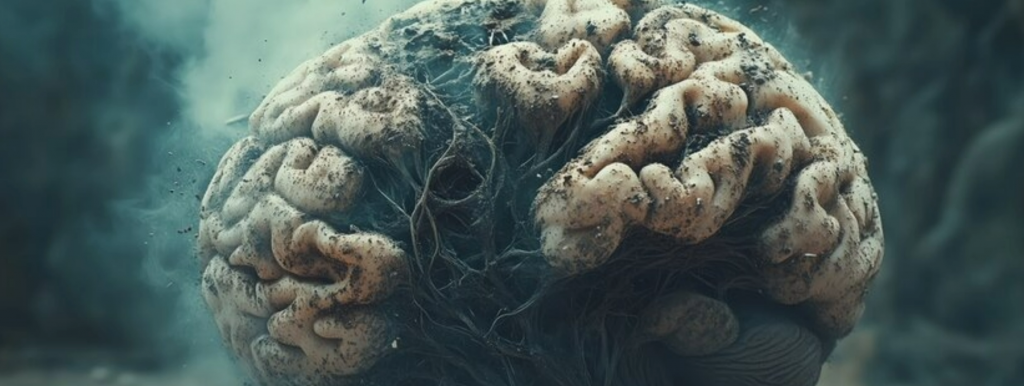Alzheimer’s disease often disrupts a person’s daily habits. Sleep disturbances, restless tossing and turning, and frequent daytime naps are common early warning signs. In later stages, patients often suffer from “sundowning,” a period of increased confusion and restlessness that tends to occur in the evening. These patterns suggest a close link between the progression of […]Alzheimer's disease often disrupts a person's daily habits. Sleep disturbances, restless tossing and turning, and frequent daytime naps are common early warning signs. In later stages, patients often suffer from “sundowning,” a period of increased confusion and restlessness that tends to occur in the evening. These patterns suggest a close link between the progression of [...]
Eating During the Day can be Good for Mental Health
Can food combat bad moods? A new study provides further evidence that mealtimes can influence mental health, including the extent of mood swings caused by depression and anxiety. Timing of Food Intake could be Crucial in Reducing Mood Swings Researchers at Brigham and Women’s Hospital, a founding member of the Mass General Brigham health system, […]Can food combat bad moods? A new study provides further evidence that mealtimes can influence mental health, including the extent of mood swings caused by depression and anxiety. Timing of Food Intake could be Crucial in Reducing Mood Swings Researchers at Brigham and Women's Hospital, a founding member of the Mass General Brigham health system, [...]
Hidden Bacterial Molecules in the Brain Reveal New Secrets of Sleep
What causes us to fall asleep? The answer may lie not only in our brains, but also in their complex interaction with the microorganisms that live in our intestines. New research from Washington State University suggests a new paradigm for understanding sleep, showing that a substance found in the mesh-like walls of bacteria, known as […]What causes us to fall asleep? The answer may lie not only in our brains, but also in their complex interaction with the microorganisms that live in our intestines. New research from Washington State University suggests a new paradigm for understanding sleep, showing that a substance found in the mesh-like walls of bacteria, known as [...]
Sleepless Nights Can Increase Dementia Risk by 40%
People with chronic insomnia may experience a more rapid decline in memory and thinking skills as they age—along with changes in the brain that are visible on imaging tests—than people without chronic insomnia. This is according to a study by the Mayo Clinic published in the American Academy of Neurology’s journal Neurology. How Sleep and […]People with chronic insomnia may experience a more rapid decline in memory and thinking skills as they age—along with changes in the brain that are visible on imaging tests—than people without chronic insomnia. This is according to a study by the Mayo Clinic published in the American Academy of Neurology's journal Neurology. How Sleep and [...]
Scientists Reveal How the Timing of Breakfast Can Affect Your Life Expectancy
As we age, both the type and amount of food we consume tend to change. However, the relationship between mealtimes and our health remains largely unclear. Researchers at Mass General Brigham and their collaborators studied changes in meal times among older adults and found that meal times gradually shift with age. They also identified characteristics […]As we age, both the type and amount of food we consume tend to change. However, the relationship between mealtimes and our health remains largely unclear. Researchers at Mass General Brigham and their collaborators studied changes in meal times among older adults and found that meal times gradually shift with age. They also identified characteristics [...]
- « Previous Page
- 1
- 2
- 3
- 4
- …
- 34
- Next Page »









